There is a growing trend online of using artificial intelligence (AI) technology to create images of people being fined by traffic police.
AI-generated images are flooding the internet.
On TikTok, Facebook and other social media platforms, it is not difficult to come across highly realistic AI-generated images depicting users standing next to luxury cars, posing professionally while being ticketed by people similar to traffic police (images generated by AI).
Some accounts also include music and emoticons with captions like: "Do everything beautifully, even when being fined", "Even when being fined, you still have to be graceful"...
Although shared for entertainment purposes, this trend still raises many concerns because it causes misunderstandings, and the sharer may violate the law if it affects the image of the police force.
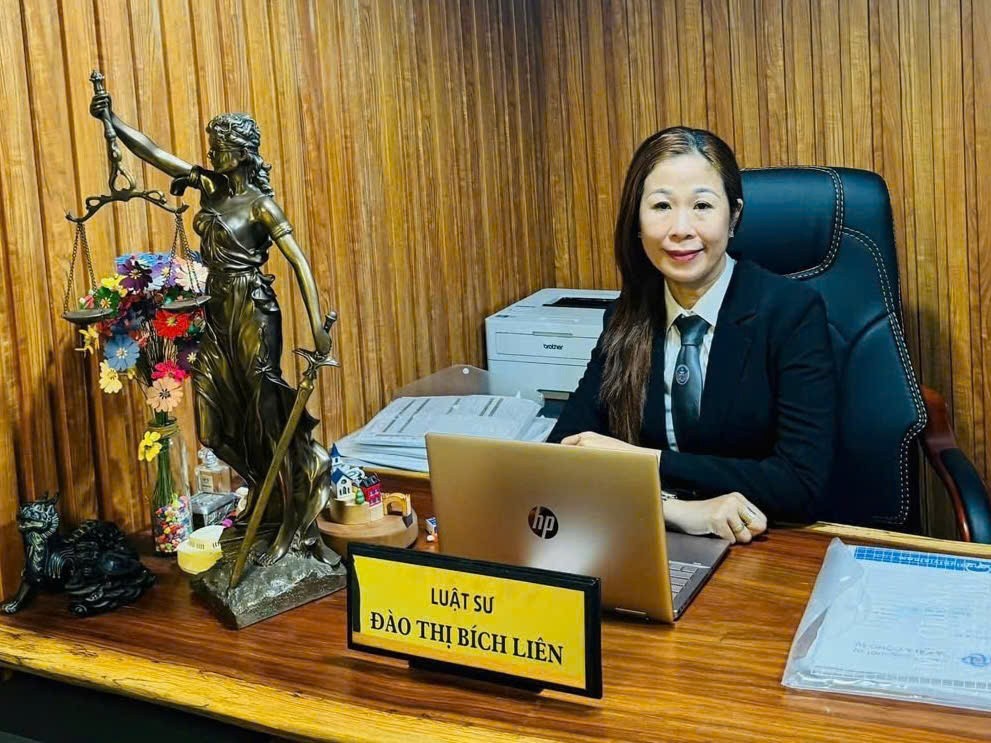
Lawyer Dao Thi Bich Lien, Ho Chi Minh City Bar Association.
Attorney Dao Thi Bich Lien , Ho Chi Minh City Bar Association, said: Information on social networks can be cut and pasted; just one incorrect detail or careless caption, along with the rapid spread, can affect the reputation of law enforcement. Therefore, those who create or share content face strict sanctions according to the law.
Attorney Lien emphasizes that entertainment on social networks is a legitimate need in the digital age, where every individual can become a content creator. However, freedom of creation does not mean freedom to post content that is false, offensive to others, or beyond the limits of the law.
Joking and participating in online trends must be accompanied by sobriety, respect for the law and the rights and legitimate interests of individuals and organizations, especially when the content can affect the image of state agencies and have an impact on society.
Posting images, clips that are edited or impersonate police, military, etc. can be subject to criminal or administrative penalties depending on the nature and severity.
According to Clause 1, Article 8 of the 2018 Cyber Law, the act of posting false information online that causes public confusion, affects the activities of state agencies, civil servants or infringes upon the legitimate rights and interests of organizations and individuals is one of the prohibitive acts.
“Fake news” is understood as information that is partially or completely false compared to the truth, created by one or more people to serve their own purposes and intentions (according to Clause 18, Article 3, Decree 147/2024).
According to Decree 15/2020 (supplemented by Decree 14/2022), organizations that post or share fake, untrue information that offends the reputation of agencies or the honor of individuals on social networks can be fined from 10 to 20 million VND (Article 101); the fine for individuals is half the fine for organizations.
In addition, violators are also required to remove false information, even if it is just a re-share and not the direct creator of the content.
In serious cases, those who spread fake news may be prosecuted. Some related crimes include: humiliating others (Article 155 of the Penal Code), slander (Article 156), illicit providing or using information on the Internet (Article 288), taking advantage of democratic freedoms to infringe upon the interests of the State, organizations, and individuals (Article 331), and anti-state propaganda (Article 117).
In addition, if a real person's face or identity is used to combine AI images without consent, the person performing the use may be considered a violation of the right to personal image under Article 32 2015. In case of commercial use, remuneration must also be paid, unless otherwise agreed.
Lawyer Lien noted that current AI images have a very high degree of authenticity, making it easy for viewers to believe that they are real events. Without clear captions, the dissemination of such images can lead to misunderstandings, risk affecting the reputation of the authorities and create negative social consequences. At that time, the creator and spreader of the content will not only be responsible, but also be responsible for the ethics of information on cyberspace.
plo.vn
Source: https://baolaocai.vn/can-trong-voi-trao-luu-dung-ai-tao-anh-bi-canh-sat-Giao-thong-xu-phat-post648079.html


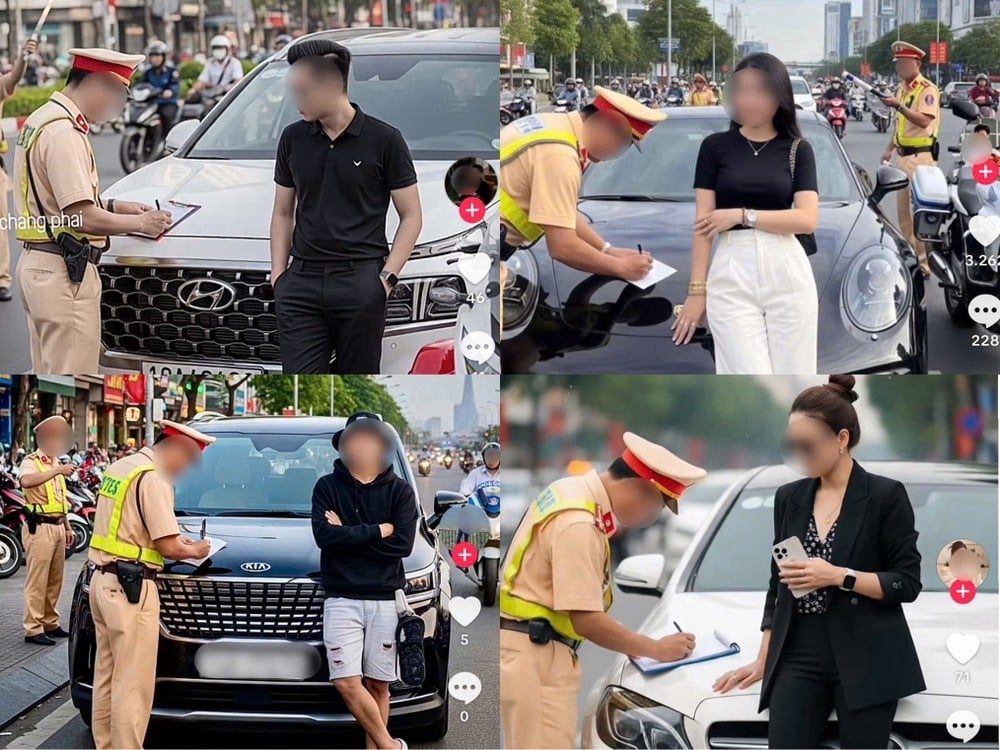










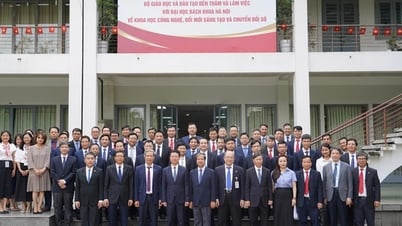

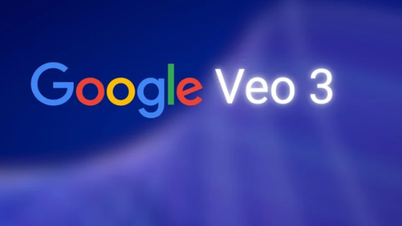



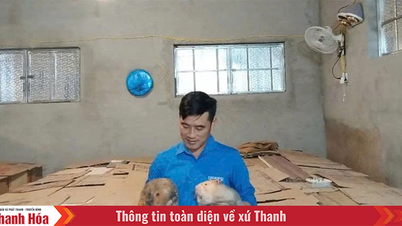

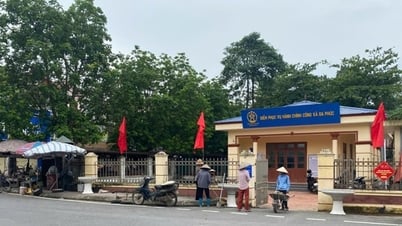



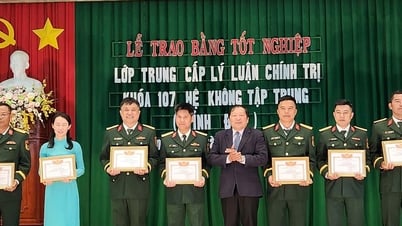

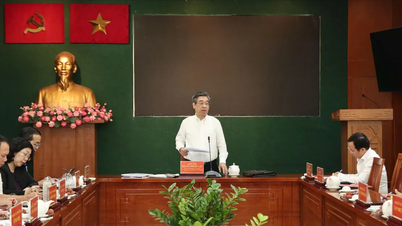








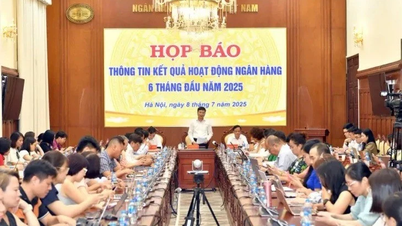

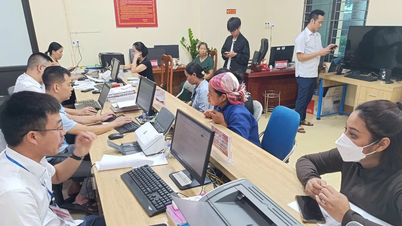
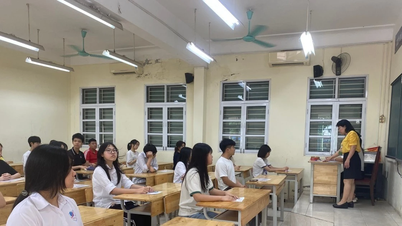
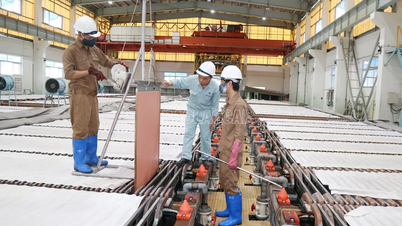








































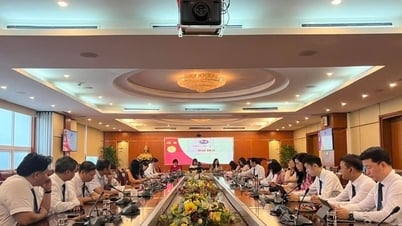
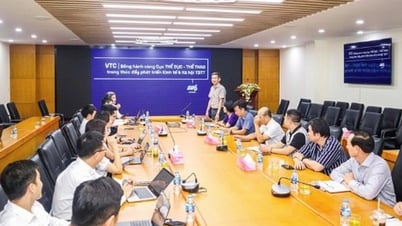



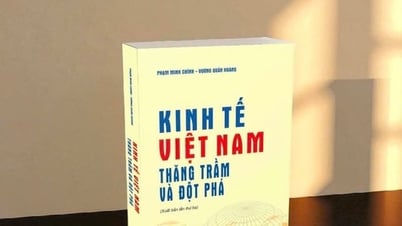
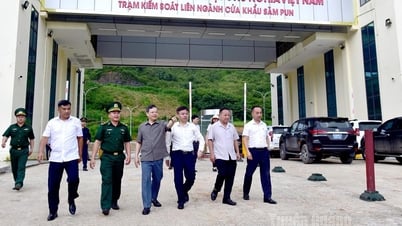

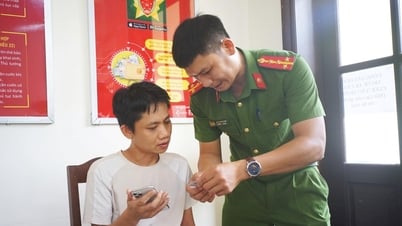












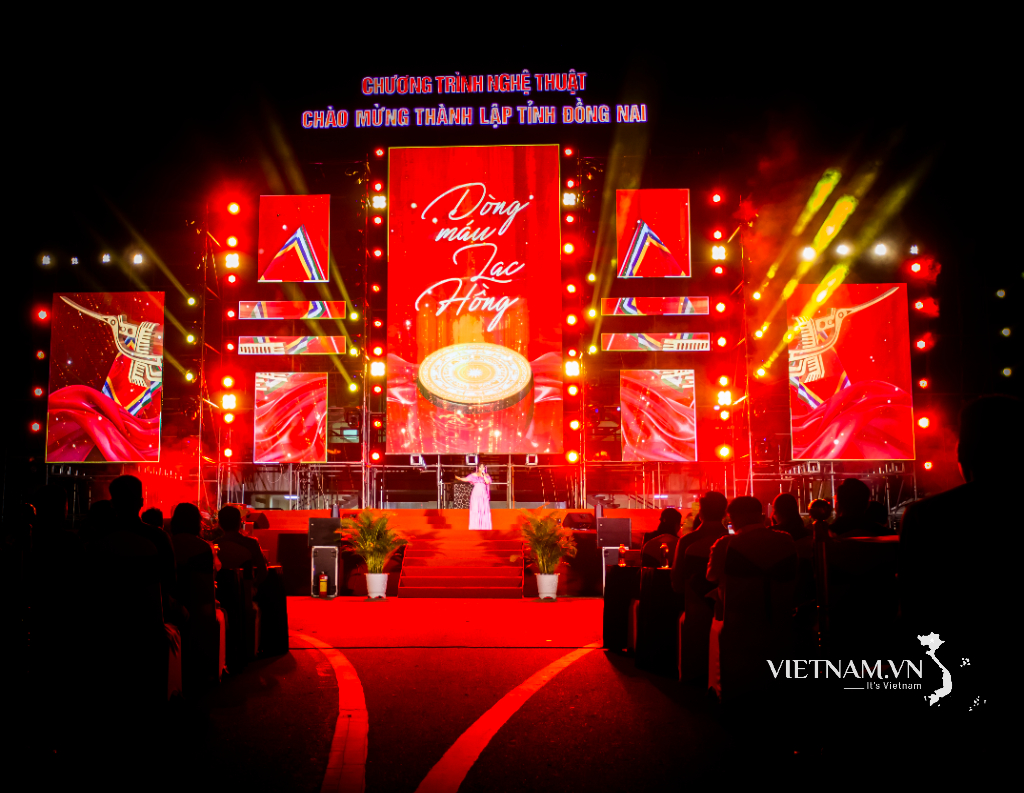

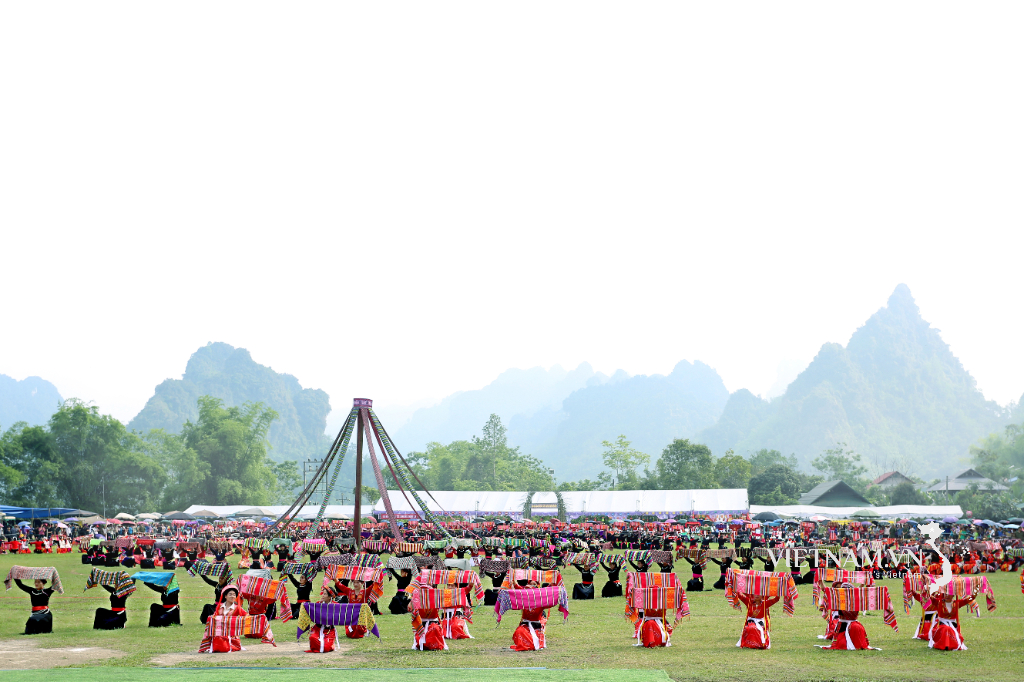

Comment (0)